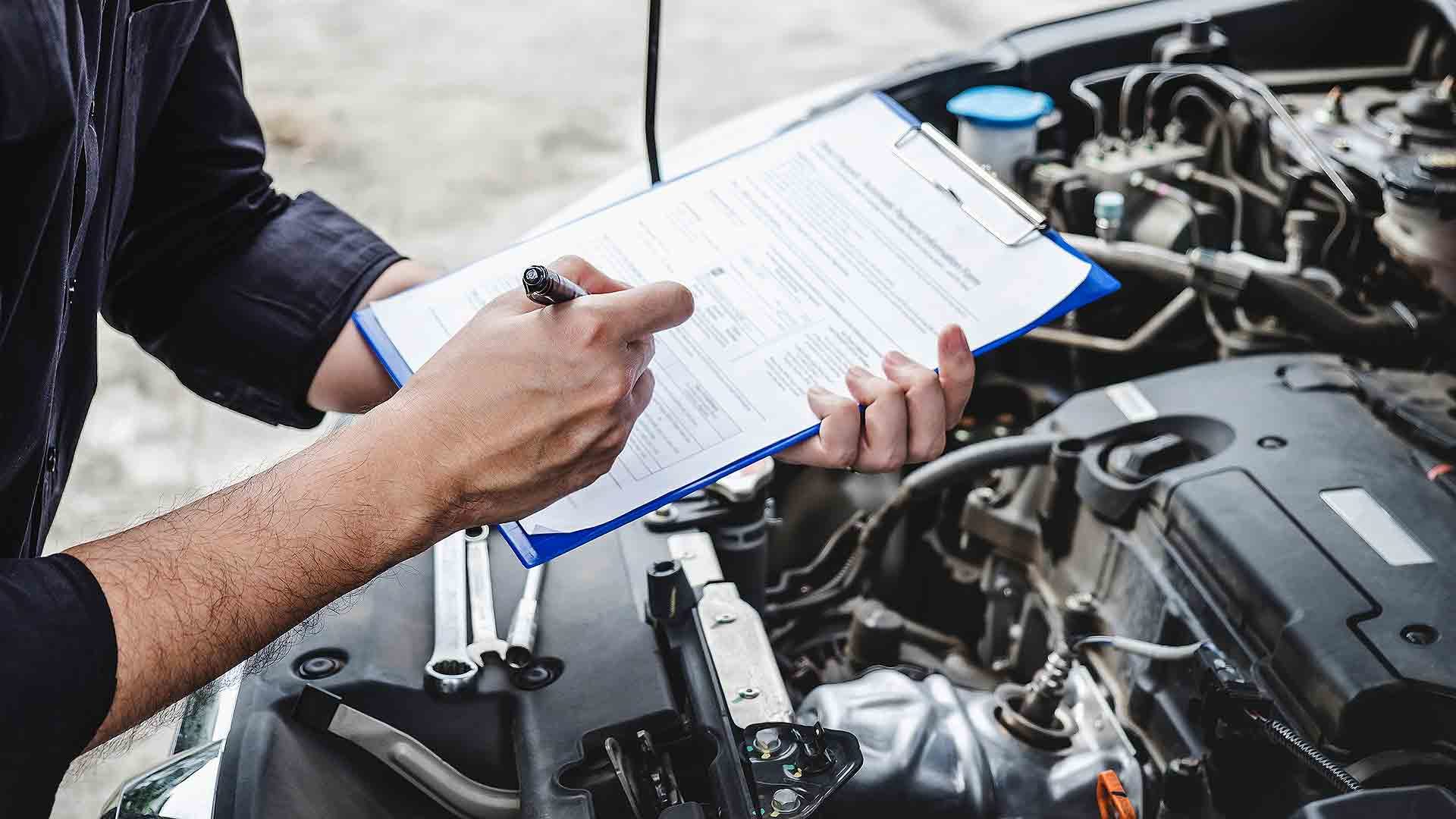
Strict new emissions regulations for MOT tests introduced in 2018 have led to a huge increase in diesel car MOT failures, a Freedom of Information request has revealed.
Since the tough new rules came into force in May 2018, diesel car MOT failures have risen 240 percent due to emissions.
This is significantly higher than the 37 percent increase in petrol car emissions test failures.
In 2020, 1.3 million cars failed MOT tests due to emissions, revealed the FOI request by garage comparison site bookmygarage.com.
More cars have failed MOT tests due to emissions in the last two years than any previous year.
“The regulations have mostly impacted diesel cars, causing more than triple the number to fail,” said bookmygarage.com’s Jessica Potts.
“An increasing number of relatively modern diesels are struggling to pass the MOT test as their emissions control systems face tougher scrutiny.
“Putting them right can cost owners thousands of pounds.”
The tough new regulations for emissions focused on problematic diesel particulate filters (DPF). An MOT test failure will be given if there’s any smoke coming out the exhaust, or if there is evidence the DPF has been tampered with.
Cars will automatically fail the MOT if the DPF has been removed – which some owners are doing due to the high replacement cost of faulty filters.
DPFs were made mandatory for diesel cars from 2009.
However, despite the huge spike in diesel car MOT emissions failures, petrol cars remain more likely to fail the test, with a 4.5 percent failure rate, compared to 3.3 percent for diesel cars.
ALSO READ
Simple and essential checks before your car’s MOT